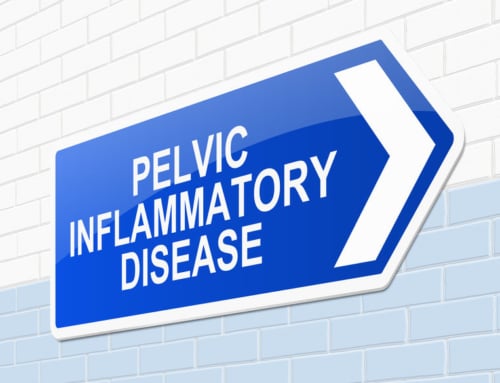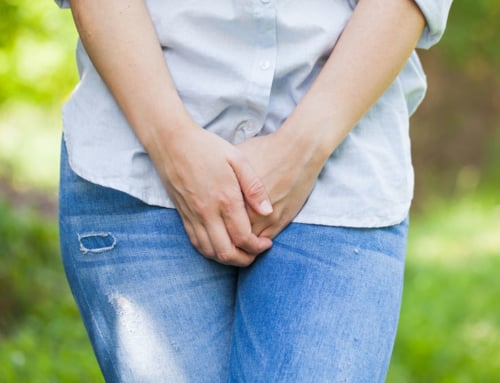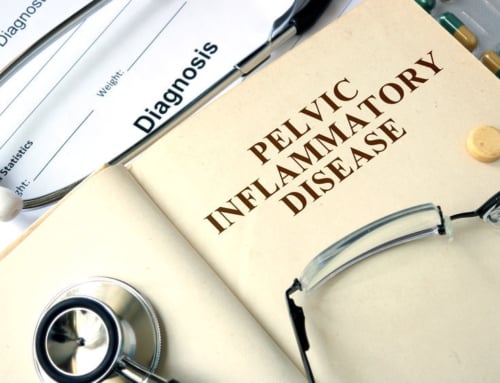Pap Smears: Uncomfortable But Critical
A pap smear is an important test that doctors use to collect cells from a woman’s cervix. These cells are then tested for signs of cervical cancer. Pap smears also detect abnormalities that could turn into cancer later. Some women might find pap smears physically uncomfortable, however, pap smears are a crucial tool in maintaining good health. Here are 3 things to do before a pap smear to make the appointment as comfortable and effective as possible.
#1: Start prepping 2-3 days before the pap smear
One of the biggest mistakes women make regarding pap smears is not being aware of what not to do. Within two days of a pap smear appointment, women should refrain from using vaginal creams, jellies, and medicines. Women should also plan not to have vaginal sex two days prior to the appointment.
The main goal of a pap smear is to test for cells that could lead to cervical cancer. Using vaginal creams or having sex prior to the pap smear can wash away some of these abnormal or obscure cells, which will skew results.
#2: Track your period for scheduling
If possible, women should try to schedule the pap smear 10-14 days after having a period. Depending on the heaviness of bleeding, menstruation may or may not interfere with detecting abnormal cells. If a woman is uncertain about whether or not to reschedule a pap smear based on menstrual cycle, experts advise consulting with the healthcare provider individually. Some physicians prefer to avoid performing pap smears during menstruation altogether, while others will advise based on the heaviness of bleeding.
Additionally, if a pap smear is scheduled close to a woman’s period, experts recommend avoiding tampons 2-3 days prior to the pap test. Tampons are another item that can wash away abnormal cells. While it might be more comfortable to use tampons, it’s not worth throwing off the results of the pap smear.
#3: On the day of, don’t try to hold it!
Sometimes women worry about the discomfort of a pap smear, but there are a couple key things women can do to make it more comfortable. On the day of the pap smear, women can take a dose of ibuprofen. When arriving at the office, women should empty their bladder before the appointment time. Contracting muscles that are trying to “hold it” don’t mix well with relaxing and letting the doctor do the pap smear.
Pap smears are vital for early detection
Pap smears are important tests that can detect cervical cancer early when a woman has the highest chances of being cured. Even though pap smears may be uncomfortable, it is important to schedule the tests regularly and according to doctor recommendations. Experts recommend beginning pap smears at age 21 and continuing every 3 years until age 65. If combined with testing for human papilloma virus (HPV), pap smears may only be necessary every 5 years.







